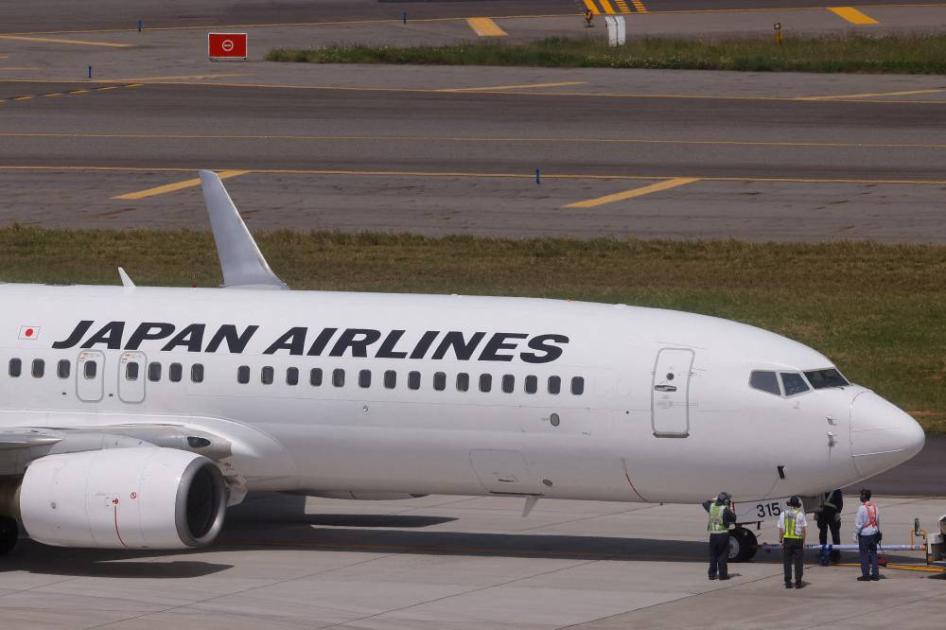Japan Airlines announced on Thursday that it has placed orders to purchase 42 aircraft from Boeing and Airbus, in an effort to enhance its international and domestic flights.
The company said that it will purchase “a total of 21 Airbus A350-900 aircraft, along with 11 A321neo aircraft and 10 Boeing 787-9 aircraft, as part of a plan to renew its fleet.”
A company spokesman declined to provide any financial details regarding these purchase orders to AFP. However, a separate statement published a list of aircraft prices, which total about 12.9 billion dollars.
The statement indicated that one of the Airbus A350-900 aircraft will be replaced with another aircraft of the same model that was severely damaged in an accident at Haneda Airport in Tokyo on January 2.
At that time, all 379 people on board the company’s Airbus plane before it caught fire survived, but five of the six people on board the smaller plane that collided with it died.
- 20 Airbus aircraft
Japan Airlines (JAL) said it will add 20 Airbus A350-900 aircraft and ten Boeing 797-9 aircraft to its current fleet of more than fifty Boeing 787 aircraft.
She noted in a statement, “These new aircraft aim to enhance and expand the capacity of Japan Airlines’ international operations, with a primary focus on regions such as North America, Asia, and India, where future growth is expected.”
- Domestic flights
As for domestic flights, the company indicated that it will introduce 21 Boeing 737-8 aircraft to replace its current fleet of Boeing 737-8 aircraft starting in 2026.
To upgrade its existing fleet of medium-sized Boeing 767 aircraft, Japan Airlines will purchase 11 Airbus A321neo aircraft.
She said: “This is the first time that Japan Airlines, which is the second largest company in Japan after All Nippon Airways, has purchased this model.”
Both types of aircraft are scheduled to be introduced over a period of approximately six years, starting in 2027.
The company added that it “remains committed to steady progress by introducing fuel-efficient aircraft as part of its efforts to achieve its goals to reduce carbon dioxide emissions.”
She added that the goals include reducing total emissions by 10% compared to the year 2019 by the fiscal year 2030, and reaching near-zero emissions by the fiscal year 2050. (AFP)
